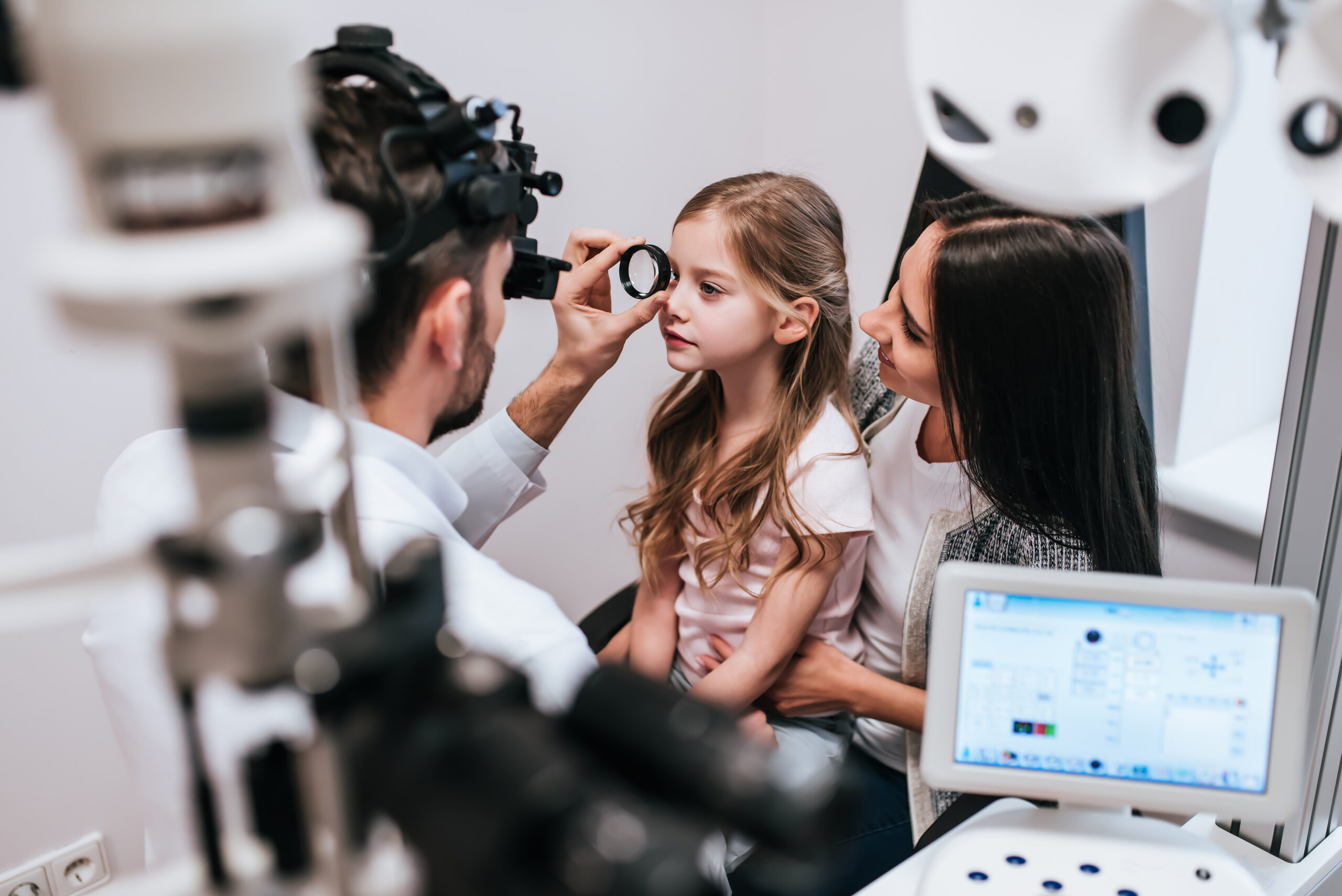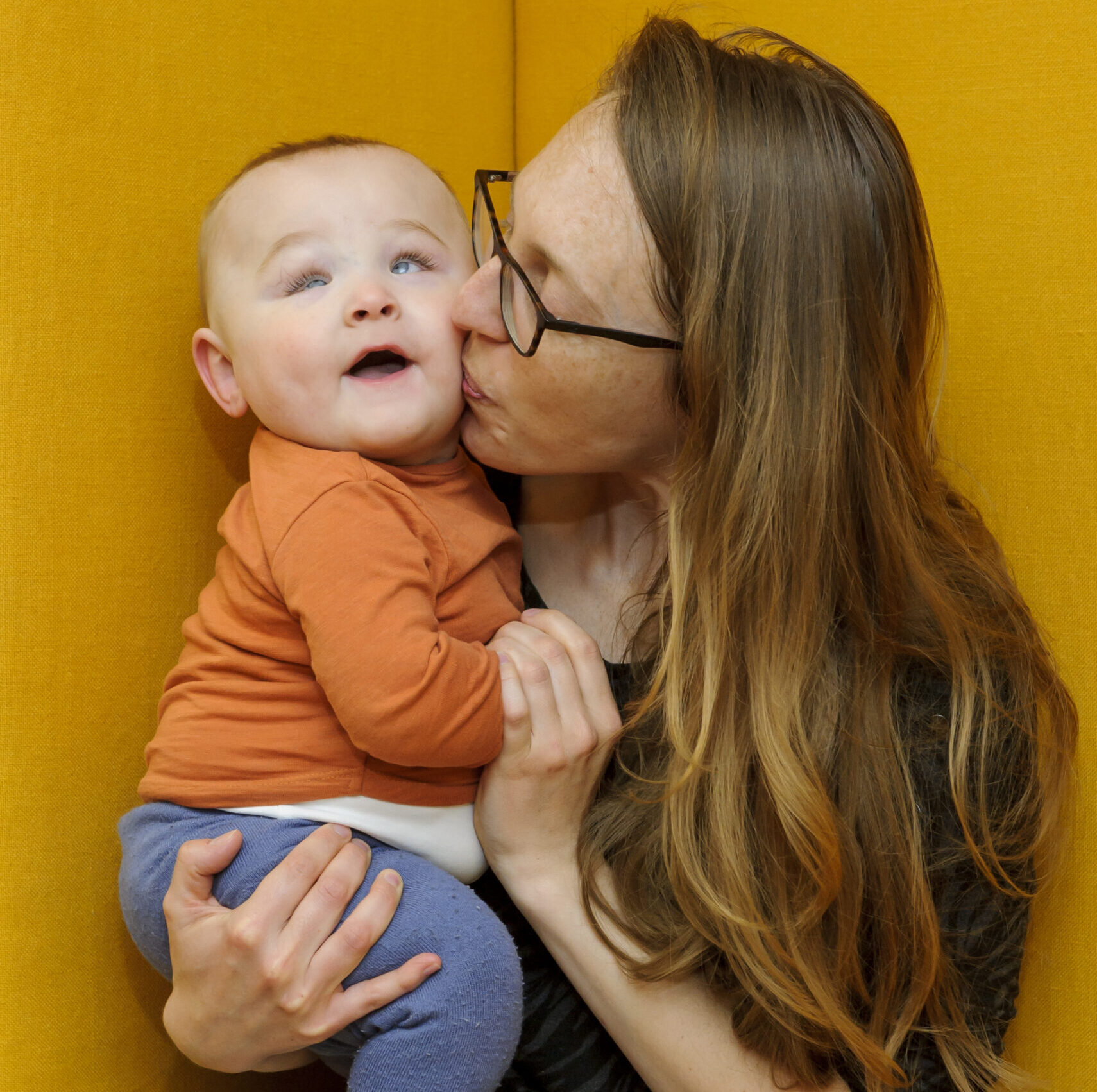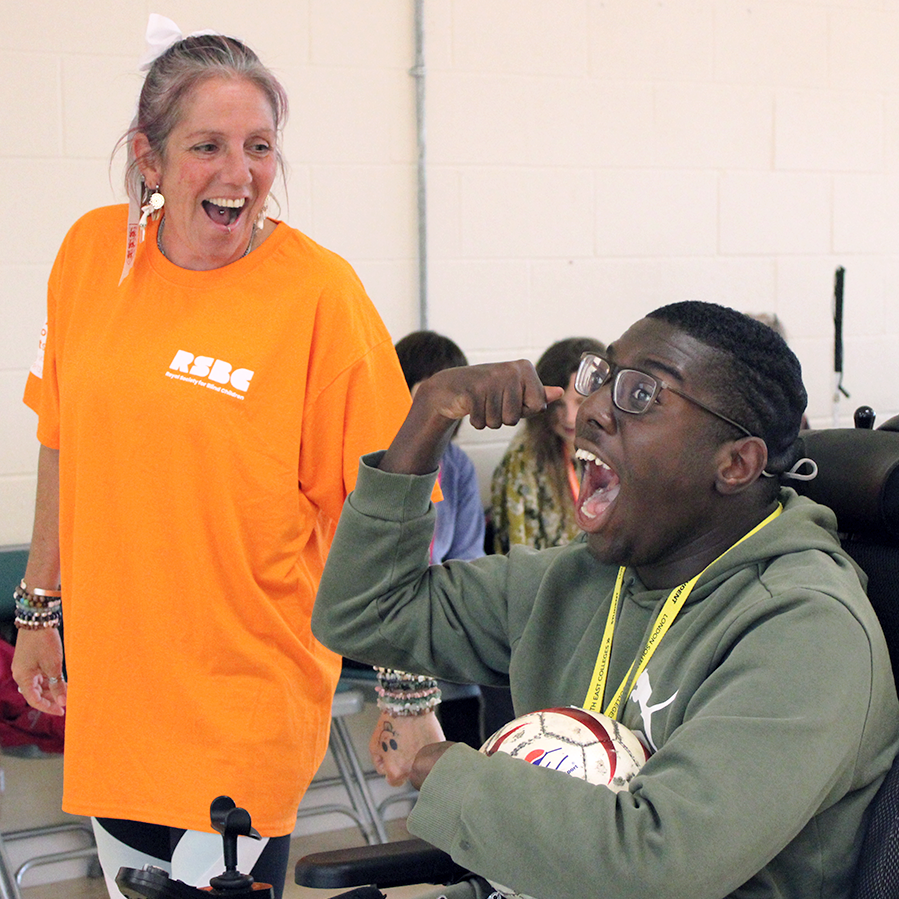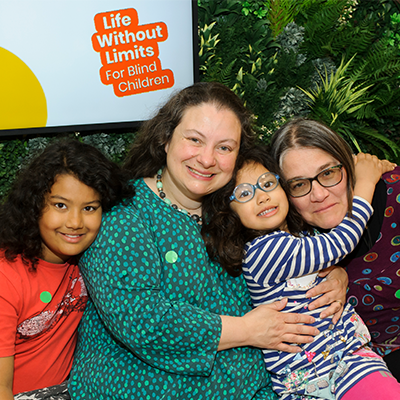Lauren’s braille journey
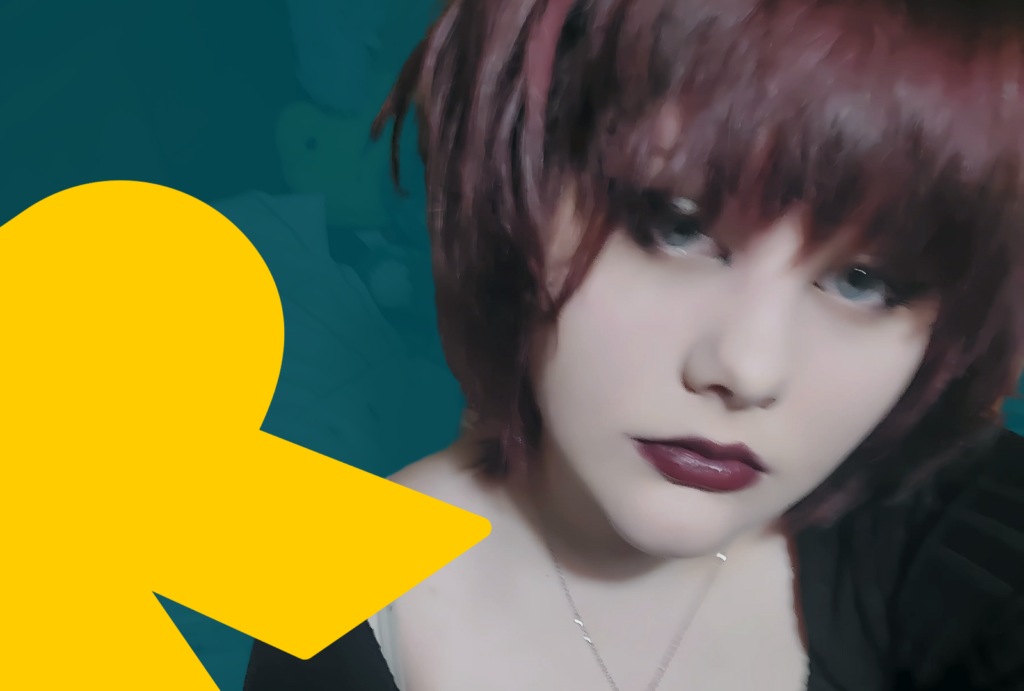
I’m Lauren, and I’m 17 and severely sight impaired/blind. I’ve been visually impaired for a couple of years, and previously needed large print from the age of 10.
Throughout secondary school, I found it difficult getting my work adapted and accessing materials in large print, bold and contrast. I never thought that I would learn braille – it’s something that I didn’t even consider using. I used different types of electronic magnifiers, screen zoom and voiceovers, up until the end of last year.
When I went to college, though, I had found that, no matter how zoomed-in I went, I still wasn’t seeing the text. This became a barrier for me, and I found it difficult to access work without a screen reader or a one-to-one, which negatively impacted my self-esteem.
I had considered learning braille, or at least the numbers for the lifts, and had found some resources online to learn how to read it. I didn’t think that I’d be able to complete the free training or guides, but I decided there was no harm in trying.
I struggled at first with learning how to identify the different cells, but once I’d got the hang of learning and understanding how braille worked, I zoomed past! Since then, I’ve found myself using Braille Screen Input on my iPhone, a Perkins brailler, and I’ve even tried out a braille display.
I’ve found that braille has positively impacted my life, and I feel as though it’s given me some of my independence back. Braille has helped me be able to read independently and write my own classwork notes! Through being able to read and write independently, it’s helped me build my confidence and keep my spelling and grammar skills up. I’ve found that braille has been essential in building my self-esteem, even with my college work. Although I don’t access my work in braille, knowing it has helped me be able to read back my own revision notes, read signs in public, and has made my iPhone more accessible. If you get to have the chance to learn braille, I’d greatly recommend it, because I believe it can be a game changer for many visually impaired people.
Early on in my braille learning journey, I found it quite difficult to distinguish which cells were parts of letters from the previous letter or character. An example of this difficulty was when I had to distinguish an L and an A from the letter P, as they are both very similar to a P when next to each other. I found that dedicating 40 minutes to an hour a day for practice helped me be able to build more confidence when reading braille, and it helped keep it fresh in my brain to avoid me forgetting.
When I was first learning I thought it was impossible and I wouldn’t be able to do it, but I found that making mistakes and learning to read and write in braille helped me be more confident in my abilities. I really enjoyed learning it, and I use it daily now at home, in college and out and about. I’m lucky to be able to say that it’s helped provide me with more independence than I had before.
